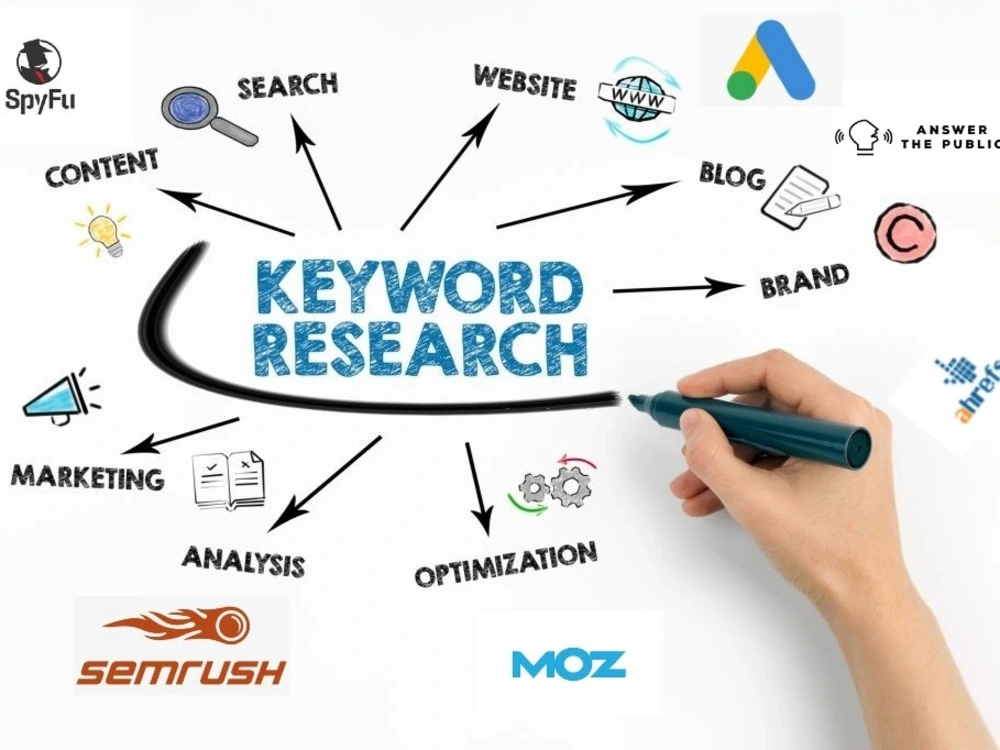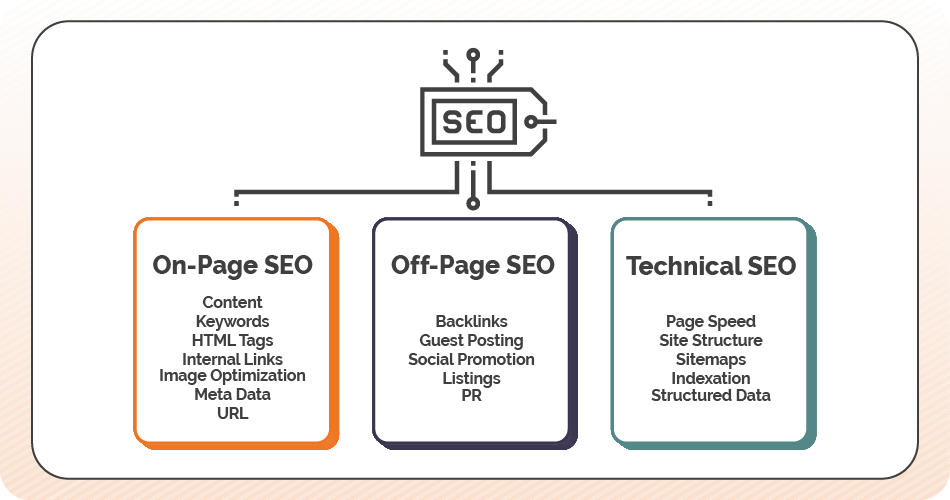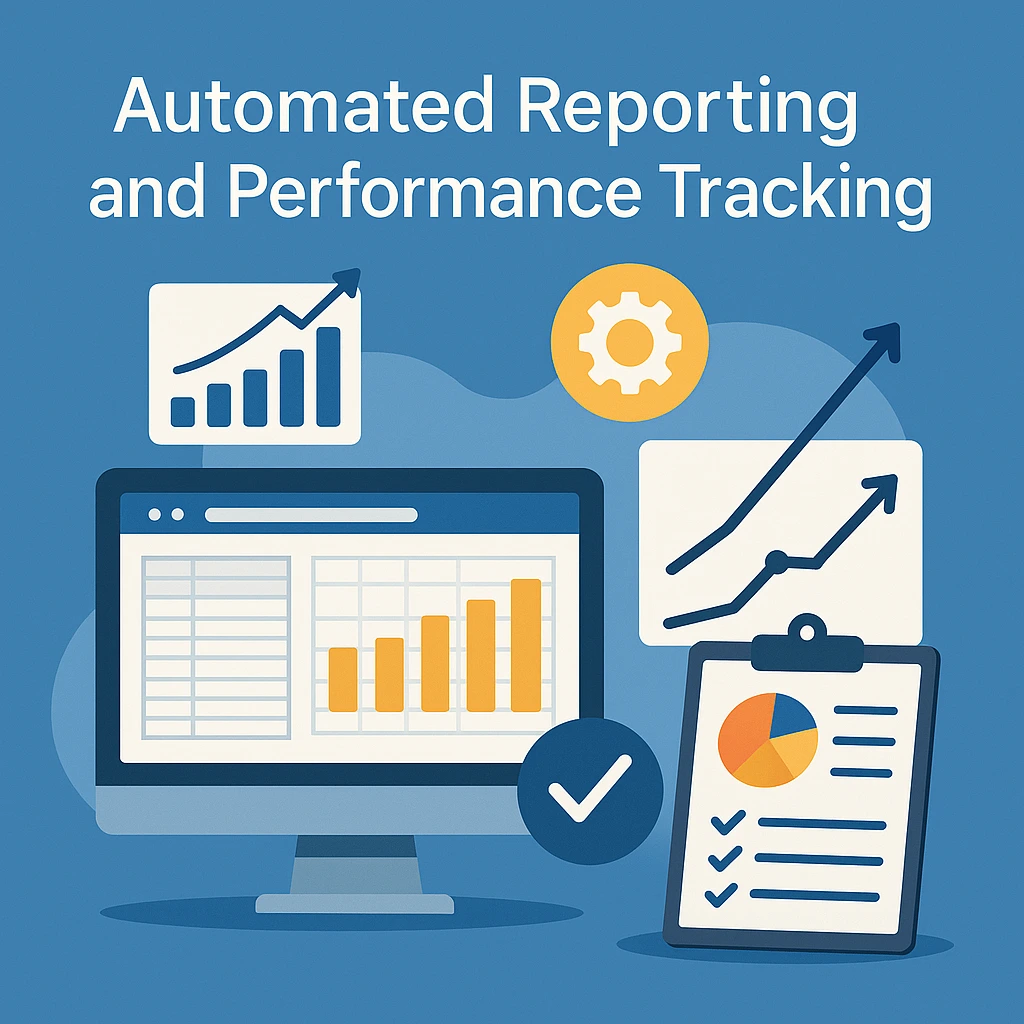Artificial intelligence has become a key driver of success in digital marketing, especially when it comes to SEO. Knowing what elements are foundational for SEO with AI allows businesses to stay ahead of their competition, meet search engine expectations, and deliver better user experiences. In this comprehensive guide, we’ll explore how AI influences core SEO tasks—such as keyword research, content creation, technical optimization, voice search adaptation, and user personalization—and how you can apply these insights to your own strategy.
Smarter Keyword Research and Strategy
AI has redefined how we approach keyword research, bringing speed, scale, and precision to a task that once relied heavily on manual methods.

Intelligent Targeting with AI
With machine learning algorithms, AI tools can analyze millions of search queries, user behaviors, and engagement metrics to identify keywords with the highest potential. Rather than just suggesting terms with high volume, AI focuses on relevance and intent. This shift is vital because users now expect personalized content that directly matches their needs. AI tools factor in location, search history, device type, and even seasonality, giving marketers a real-time edge.
For instance, when discussing whether ChatGPT-generated content impacts performance, it’s AI that determines the authenticity, originality, and usefulness of that content. This makes keyword targeting not just about visibility but value.
Optimized Content Creation and Relevance
Producing content that performs well in search engines now requires more than inserting keywords—it must be meaningful, structured, and engaging.
Balancing Creativity and Structure
AI tools like GPT-based editors, Surfer SEO, and Clearscope analyze top-ranking pages to provide optimization suggestions. These include recommendations for word count, sentence complexity, subtopic coverage, and semantic relevance. Writers no longer work blindly; instead, they create based on data.
Content relevance is a major part of what elements are foundational for SEO with AI. Google rewards contextually rich content, and AI enables this by scanning competitors and aligning your content with what users expect. This ensures that you’re not just ranking well, but actually meeting the searcher’s needs. Agencies that offer white label SEO frequently rely on AI to deliver consistent quality across industries and niches.
Enhanced Technical SEO and On-Page Optimization
Technical SEO is the invisible backbone of every successful website. AI makes monitoring and improving it far more efficient and scalable.

Fixing and Improving Website Performance
From diagnosing broken links to optimizing page load times, AI-powered SEO tools like Screaming Frog, Sitebulb, and Google Search Console with AI integrations help automate tedious yet essential tasks. These tools run comprehensive audits and produce actionable reports that can be fixed immediately.
For example, AI automatically generates alt tags based on image recognition, improves schema markup with structured data, and suggests optimal internal linking strategies. Agencies like Alleedigitals are increasingly leveraging these technologies to ensure every technical element meets Google’s evolving standards.
Adapting to Voice Search and Natural Language
Voice search is growing rapidly, and AI is the key enabler of content that aligns with how people speak—not just how they type.
Why Conversational SEO Matters
Voice search queries tend to be longer and more conversational. AI tools analyze these patterns using natural language processing (NLP) and machine learning. By doing so, they help identify question-based keywords and structure content to match voice-search behavior.
Additionally, AI can suggest writing in a tone that mimics human conversation, boosting the likelihood of capturing voice-based results. Structured data is often integrated as well, allowing content to appear in featured snippets, which are frequently triggered by voice searches.
User Behavior and Personalization Signals
Understanding how users interact with a website is critical, and AI has the tools to interpret these behaviors effectively.
Boosting Engagement with AI Insights
Metrics such as click-through rate, bounce rate, dwell time, and return visits are major indicators of user satisfaction. AI doesn’t just monitor these—it provides real-time suggestions. If users leave quickly, AI tools might suggest reworking headlines, improving page speed, or adding interactive elements.
AI also enables personalized content delivery, showing users product recommendations, blog suggestions, or next steps based on their past behavior. This personalization leads to higher retention and better engagement, both of which signal to search engines that your site is valuable.
Predictive SEO and Trend Analysis
AI doesn’t just help with what’s already known—it predicts what users will search for in the near future.
Staying Ahead of the Curve
Tools like MarketMuse, BrightEdge, and Google’s AI tools offer predictive analytics that highlight rising topics and fading trends. This helps content creators stay proactive, publishing timely articles that match emerging search intent.
These insights allow businesses to plan editorial calendars, optimize campaigns, and structure landing pages ahead of their competition. Predictive SEO is a relatively new but powerful aspect of what elements are foundational for SEO with AI.
Automated Reporting and Performance Tracking
Effective SEO requires tracking KPIs continuously, and AI makes this process faster and more accurate.

Smarter Decision-Making with AI Dashboards
AI can create custom dashboards and performance reports that update in real-time. Whether it’s keyword ranking changes, traffic sources, or backlink growth, AI organizes data in digestible formats for easy decision-making.
Automated reporting not only saves time but also reduces human error, allowing SEOs to focus more on strategy and creativity rather than manual tracking.
Scalable Link Building and Outreach
Backlinks are still one of the top ranking factors, and AI has now entered the link-building game.
Streamlined Relationship Building
AI tools help identify potential backlink opportunities by analyzing competitor profiles, domain authorities, and industry relevance. They even draft outreach emails and automate follow-ups, ensuring a consistent link acquisition process.
This reduces the manual burden of traditional outreach while maintaining quality and relevance. Combined with smart prospecting, AI enables a more strategic and scalable link-building workflow.
Common Questions About AI and SEO
What are the foundational elements of AI-driven SEO?
The foundational elements include AI-powered keyword research, semantic content optimization, technical SEO automation, user behavior analysis, voice search adaptation, and predictive trend analysis. These components work together to improve search rankings and overall website performance.
How does AI help with keyword research?
AI processes large sets of search data to identify high-potential keywords based on intent, trends, and competition. It also suggests related and long-tail keywords, improving targeting and search visibility.
Can AI-generated content rank on Google?
Yes, as long as the content is valuable, relevant, and written for the user. Google focuses on helpful content, so AI-generated text must be edited for clarity, originality, and usefulness.
How does AI improve technical SEO?
AI tools scan for issues like broken links, duplicate content, slow pages, and missing metadata. They offer suggestions or automated fixes to maintain a healthy and crawlable website.
Is voice search optimization part of AI SEO?
Yes, AI helps structure content to align with how users speak during voice queries. It improves content readability, natural language usage, and increases chances of appearing in voice search results.
What role does AI play in analyzing user behavior?
AI tracks bounce rates, dwell time, navigation paths, and engagement levels. It uses this data to suggest changes that improve user experience and on-page SEO metrics.
Can AI predict future SEO trends?
Yes, AI analyzes historical and real-time data to forecast upcoming trends. This helps marketers create timely, relevant content that aligns with evolving search behaviors.
Do small businesses benefit from AI in SEO?
Absolutely. AI automates complex SEO tasks, saving time and resources. It enables small businesses to compete with larger ones by improving targeting, content quality, and technical performance.
Conclusion
Understanding what elements are foundational for SEO with AI is no longer optional—it’s essential for any business aiming for long-term visibility and success. From intelligent keyword research to predictive analytics and voice search optimization, AI provides the tools and insights necessary to navigate the ever-evolving landscape of SEO.
By embracing AI, marketers can work more efficiently, target users more effectively, and deliver content that both search engines and audiences value. Whether you’re a solo creator or a full-scale agency, integrating these foundational AI-driven SEO elements will put you ahead in the rankings—and keep you there.

